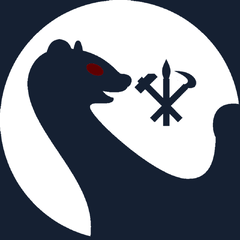how to start coding on visual studio core?
-
Featured Topics
-
Topics
-
0
-
15
-
1
-
AccDossNumber15 ·
Posted in Graphics Cards1 -
1
-
Agilolfinger ·
Posted in Peripherals1 -
14
-
pratstercs ·
Posted in Troubleshooting2 -
6
-
pilgr1mag3 ·
Posted in CPUs, Motherboards, and Memory4
-

.thumb.png.7870bcb124f9f6ba8000b0486c25c3b7.png)
















Create an account or sign in to comment
You need to be a member in order to leave a comment
Create an account
Sign up for a new account in our community. It's easy!
Register a new accountSign in
Already have an account? Sign in here.
Sign In Now